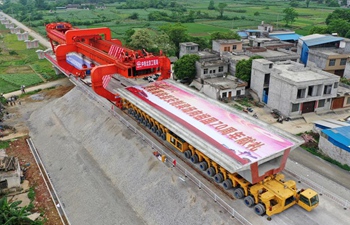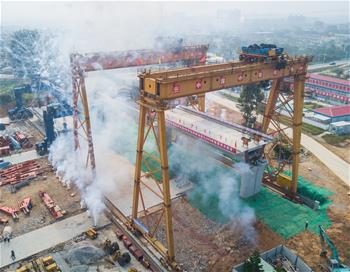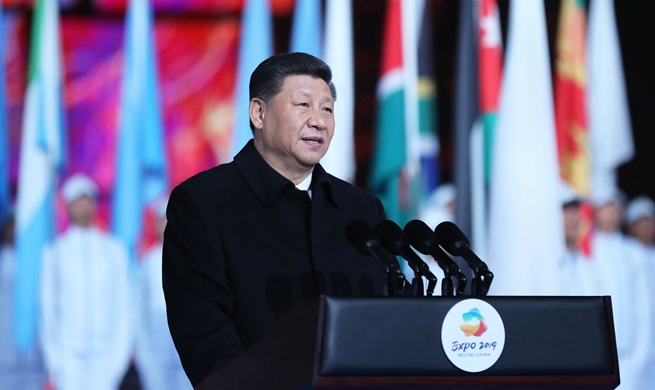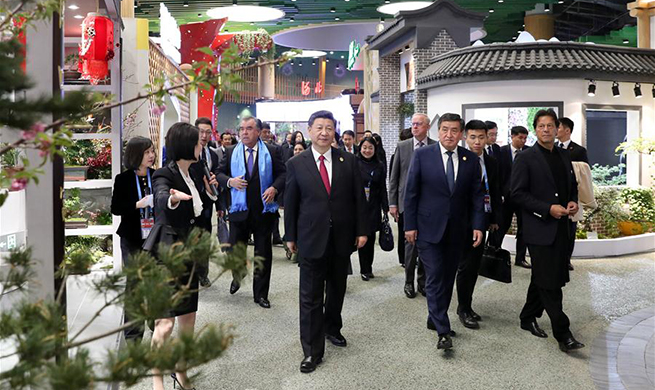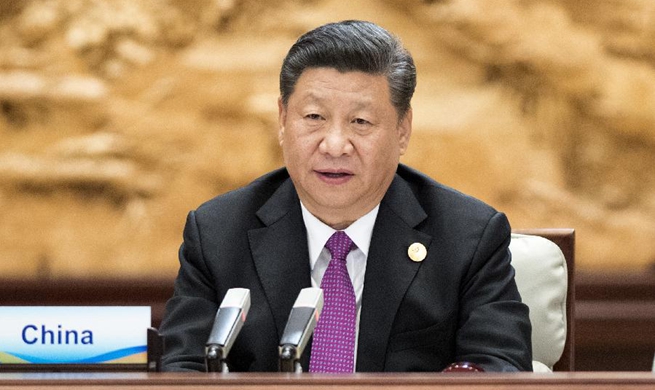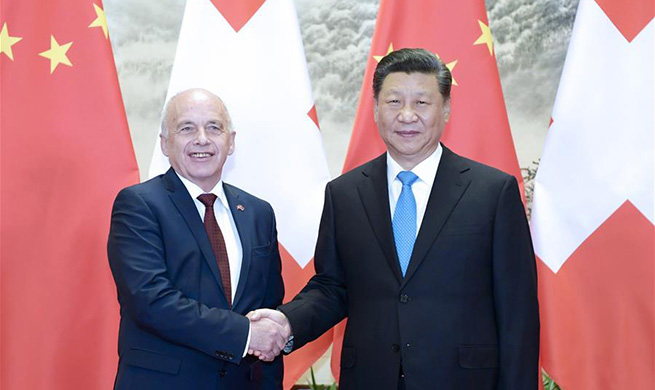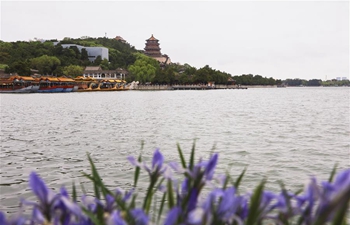by Luis Brito
SAN SALVADOR, April 29 (Xinhua) -- The China-proposed Belt and Road Initiative (BRI) generates high hopes for El Salvadore, Roberto Lorenzana, communications secretary of El Salvador's presidency has said.
"For us, this initiative not only generates expectations, but also high hopes," the spokesperson for Salvadoran President Salvador Sanchez Ceren told Xinhua.
Through the ambitious initiative, China is building a dynamic relationship with the rest of the world under the terms of mutual benefit, which represents a turning point in international economic relations.
"It is not under terms of domination, terms of disrespect, but of cooperation and reciprocal benefit for all countries," said the official.
Proposed by China in 2013, the BRI aims to spur global growth by making it easier for countries to trade with each other through greater connectivity and infrastructure projects.
Over the past nearly six years, 127 countries and 29 international organizations have joined the initiative, through which China has allocated investments of more than 90 billion U.S. dollars.
Last week, the Second Belt and Road Forum for International Cooperation gathered around 6,000 participants from 150 countries and 92 international organizations, including heads of state and government, for three days in Beijing.
The far-reaching initiative has not been without its detractors, mainly in the west, who claim the scheme risks creating "debt traps" for developing countries in need of infrastructure.
"I think the criticism (of the BRI) from other international players is precisely because we are facing a turning point of the world," Lorenzana said.
El Salvador and other Central American countries, for example, can take advantage of the Chinese initiative as a region to promote projects that bolster their connectivity, such as building ports, highways and airports, he said.
El Salvador, which established diplomatic ties with China in August 2018, hopes the initiative will help boost regional projects and investment, Lorenzana said.
"I think the time has come for countries in the region, particularly those that have close diplomatic ties with China, to take advantage of this possibility as a region and increase our collaboration," he said.
For El Salvador, establishing ties with China represented a "gateway to a comprehensive relationship, through which we can spur greater cultural, scientific, technological and economic development," said Lorenzana.
The road to stronger, more consolidated ties is founded on greater bilateral exchange, which is being carried out through visits by delegations from different sectors, he said.
As part of this exchange, on Thursday Lorenzana and Salvadoran Foreign Affairs Minister Carlos Castaneda welcomed a mission from the China Public Diplomacy Association.
"I believe that trust is going to develop much more as we get to know each other, and that is precisely why these exchanges are of enormous value. The Salvadoran people want this relationship to get stronger," he said.






